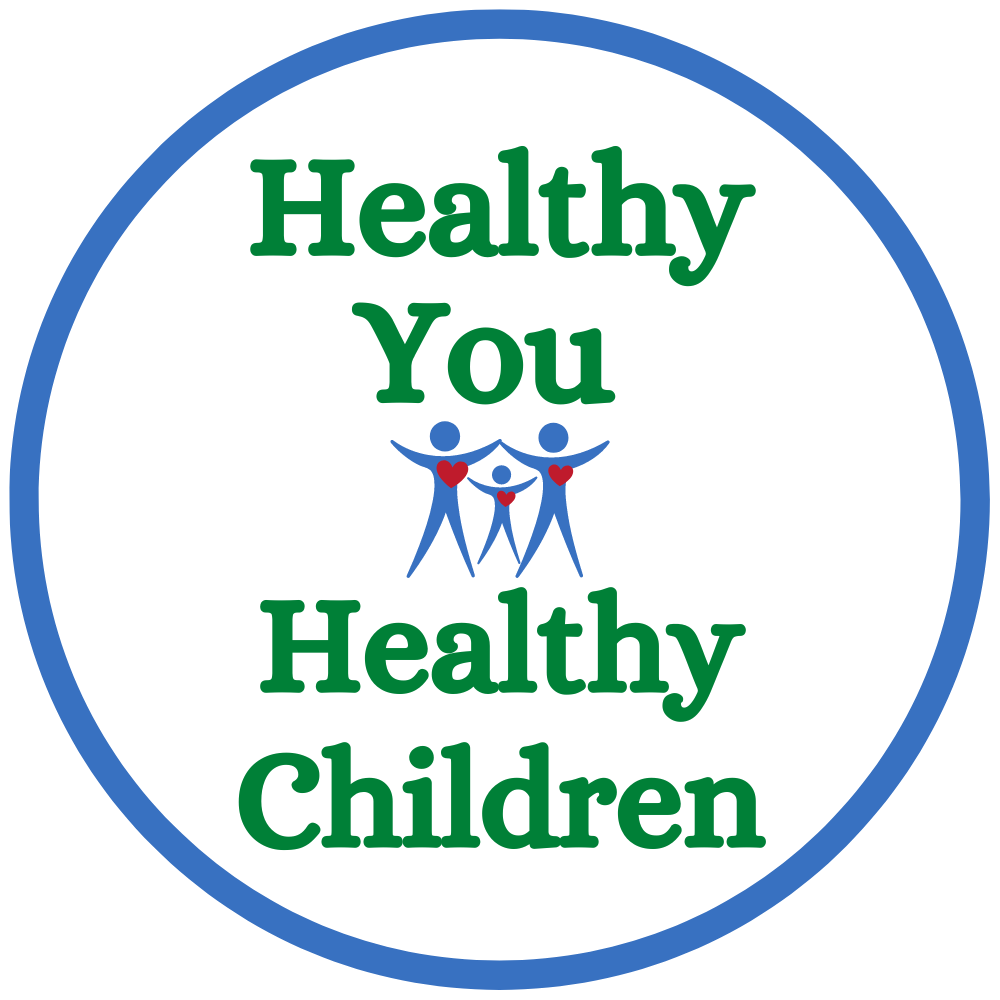What is the truth about the benefits and harms of Caffeine? In this post, I am sharing good quality information about this topic, most of it from a great article from the JAMA (Journal of the American Medical Association). If you are like me and you cannot start your day without a steaming cup of coffee, keep reading to make an informed decision about your next cup.
An Overview of Caffeine
Caffeine is a natural chemical stimulant. It can also be created synthetically. The most common source of Caffeine in the U.S. and most of the world is Coffee for adults and tea or soft drinks for teens.
The average caffeine intake is 135 mg per day (12 oz of Coffee) in the U.S. 85% of adults consume Caffeine daily.
Other sources of Caffeine are cacao beans, guarana berries, and yerba mate leaves. Caffeine preparations can be added to drinks, tablets, powdered supplements, or foods.
Our body handles Caffeine by absorbing it into our blood within 45 minutes after consumption. The duration of the effect is around 2.5 to 4.5 hours, but this can vary from one person to another. Some medications or substances can modify caffeine metabolism:
Slows down the removal of Caffeine from blood, making the effect last longer:
- Pregnancy.
- Medications: antibiotics, heart medications, some medications for depression, oral contraceptives.
Increases removal of Caffeine from blood, making the effect last less:
- Smoking cigarettes.
The U.S. Food and Drug Administration considers 400 milligrams (about 4 cups of brewed Coffee) a safe amount of Caffeine for healthy adults to consume daily.

What are the known benefits of Caffeine?
The following benefits are related to consuming moderate amounts of Caffeine (40-200 mg).
- Increases alertness
- Improves concentration
- Decreases fatigue
- Improves reaction time
- Improves feeling of sociability
- Decreases appetite, which may help with weight reduction
- Decreases risk of depression and suicide
- Slows down the decline in cognitive ability among women (according to a French study).
- Helps with certain types of headaches and migraines.
- It May help with Asthma, but more research is necessary to prove it.
There is evidence that Caffeine may reduce the risk of:
- Liver disease (like fatty liver disease and cirrhosis)
- Dementia
- Parkinson’s disease
- Type 2 diabetes (by improving glucose metabolism)
- Colorectal disease
Caffeine is an ingredient in some pain medications, like acetaminophen with Caffeine, to decrease pain from some conditions like migraines. Also, Caffeine is used to treat Apnea (intermittent pauses in breathing) in Premature babies (born before the expected delivery day) admitted to the Neonatal Intensive Unit (NICU).
Special note on Type 2 diabetes: some studies suggest that drinking caffeinated or decaffeinated Coffee may reduce your risk of developing type 2 diabetes. If you have Type 2 Diabetes, read about the adverse effects of Caffeine below.
What are the common adverse effects of Caffeine?
Possible adverse effects of Caffeine are:
- Withdrawal symptoms: headaches, fatigue, anxiety, irritability, depressed mood, difficulty concentrating. These symptoms usually happen to people who stop taking Caffeine abruptly, especially if consuming two or more cups of coffee a day. The symptoms may last for a day or more.
Special note: there is a debate about Caffeine and addiction. Some experts do not agree with it. Why? According to them, Caffeine does not cause the severity of withdrawal or harmful drug-seeking behaviors such as street drugs or alcohol.
- Sleep difficulty and Insomnia. Best way to avoid this: do not drink or consume any caffeine 6 hours before going to sleep. By doing this, you give time to your metabolism to get rid of the Caffeine in your body.
- Anxiety. Especially in people sensitive to Caffeine.
- In Pregnancy: women consuming higher amounts of Caffeine had an increased risk for miscarriage, according to limited studies. For this reason, pregnant women should limit the amount of Caffeine to 200 mg or less per day.
Special note: low amounts of Caffeine (a cup of coffee per day, less than 200 mg a day) show no link to trouble conceiving, birth defects, miscarriage, premature birth, or low birth rate, according to many studies.
Type 2 diabetes: the effect of Caffeine on insulin action may lead to higher or lower blood sugar levels. For some people with diabetes, one to two 8-ounce (240-milliliter, 200 mg of Caffeine) cups of plain, brewed Coffee may be enough to cause this effect. Keep in mind that every person reacts differently. So, If you have diabetes or struggle to control your blood sugar levels, talk to your health provider about your intake. It may be helpful to reduce the amount of Caffeine per day.
Very high doses of Caffeine (>1200mg):
Most people overconsume Caffeine by drinking energy drinks, taking caffeine tablets, or using powdered supplements.
The most frequent side effects of high doses of Caffeine are:
- Severe anxiety
- Agitation
- Elevated blood pressure
- Palpitations
- It May be fatal combined with alcohol
Other interesting facts about Caffeine and health.
- Some people are concerned that Caffeine making you urinate more can cause dehydration. In fact, the amount of liquid you drink while taking a caffeinated beverage tends to offset the amount of fluid you lose when urinating. In conclusion, even though Caffeine makes you go to the restroom more often (diuretic effect), research shows that Caffeine in moderation does not cause dehydration (read about hydration here).
- Research shows a link between caffeine intake and hip fractures in older adults. They may be more sensitive to the caffeine effect on calcium metabolism. Calcium and Magnesium are lost in urine at high doses (>744 mg/day). If you get enough Calcium, you may not be at risk of bone loss. On the other hand, if you are a postmenopausal woman (increased risk for osteopenia and osteoporosis), you may need to limit your caffeine intake to less than 200-300 mg or less. Talk to your doctor about it.
- People sensitive to Caffeine may have a transient increase in heart rate and blood pressure (mild) after ingestion. If you have high blood pressure or heart disease, you may need to talk to your doctor about your caffeine intake.
- 13 studies involving 20,000 people revealed no relationship between cancer and Caffeine. On the contrary, Caffeine may be protective against some cancers. In some reports, drinking Coffee with Caffeine or Decaf has been associated with a reduced risk of endometrial, liver, and gallbladder cancer.
Caffeine and kids
We need to keep in mind that Caffeine is present in many beverages and foods that children like. Caffeinated sodas, sports drinks, sweetened tea or iced tea, hot chocolate, and chocolate. In addition, specialty coffee drinks like frappuccinos are available everywhere. Many of these options have Caffeine and have high amounts of excess sugar and calories (read about added sugar here).
The caffeine effect is dose-dependent, and kids need less amount (compared to adults) to be affected. Their bodies are still developing, and the exact impact on their cardiovascular and nervous system is unknown. Some kids are susceptible to tiny quantities. Some of the unwanted effects are:
- Irritability
- Increased anxiety
- increased heart rate and blood pressure
- Acid reflux
- Sleep disturbance
At this time, pediatricians advise against caffeine for children under 12 and against any use of energy drinks for all children and teens. They also suggest limiting caffeine to at most 100 mg (about two 12 oz cans of cola) daily for those 12-18 years old.
American Academy of Child and Adolescent Psychiatry

Energy drinks and Teens
Energy drinks have gained popularity among teens. According to CDC data:
In 2011, 1,499 adolescents aged 12 to 17 years visited the emergency room for an energy drink-related emergency.
Some of the dangers of energy drinks are:
- Dehydration
- Irregular heartbeat, heart failure, and other heart complications
- Anxiety and jitters
- Insomnia
Some adverse effects present after long-term Caffeine use:
- Difficulty falling asleep and poor sleep, as mentioned before.
- Irritability and mood problems
- Increased stress hormone levels
- Needing higher doses of caffeine to achieve the desired effect
- Withdrawal symptoms (including tiredness, headaches, mood changes, and problems concentrating) when everyday caffeine is stopped
- Increased risk of panic, anger, violence, risk-taking, and substance use problems
- Increased sugar intake when using sugary caffeinated products
- More difficulty quitting other substances (such as nicotine) and limiting alcohol use when combined with caffeine
If your teen has been consuming energy drinks or excess Caffeine to boost energy or be more alert during the day, talk to your Pediatrician to find the root cause of the fatigue and help to quit.
“The American Academy of Pediatrics states that Caffeine and other stimulant substances contained in energy drinks have no place in the diet of children and adolescents.”
The CDC
The main takeaways about Coffee and Caffeine Intake:
- Studies have shown the health benefit of drinking Coffee with and without Caffeine.
- Caffeine consumption has many benefits.
- Caffeine taken in excess has adverse effects. The recommendation is to take a max of 400 mg/day. Remember that Coffee is not the only beverage (or food) with Caffeine.
- The effects of Caffeine varies person to person. Some people are very sensitive to this substance. If you like coffee or caffeinated beverages, know how your body reacts to different amounts.
- Remember that if you’re pregnant or breastfeeding, the rules are different. Talk to your doctor.
- What you add to your Coffee or the type of caffeinated beverage you drink (e.x: sugar-sweetened sodas or teas) can make a difference in your health.
- For kids and teens, the healthier option is to avoid caffeinated beverages. Once again, remember the possible sources of Caffeine in your kids’ diet.

Enjoy your Coffee!!






